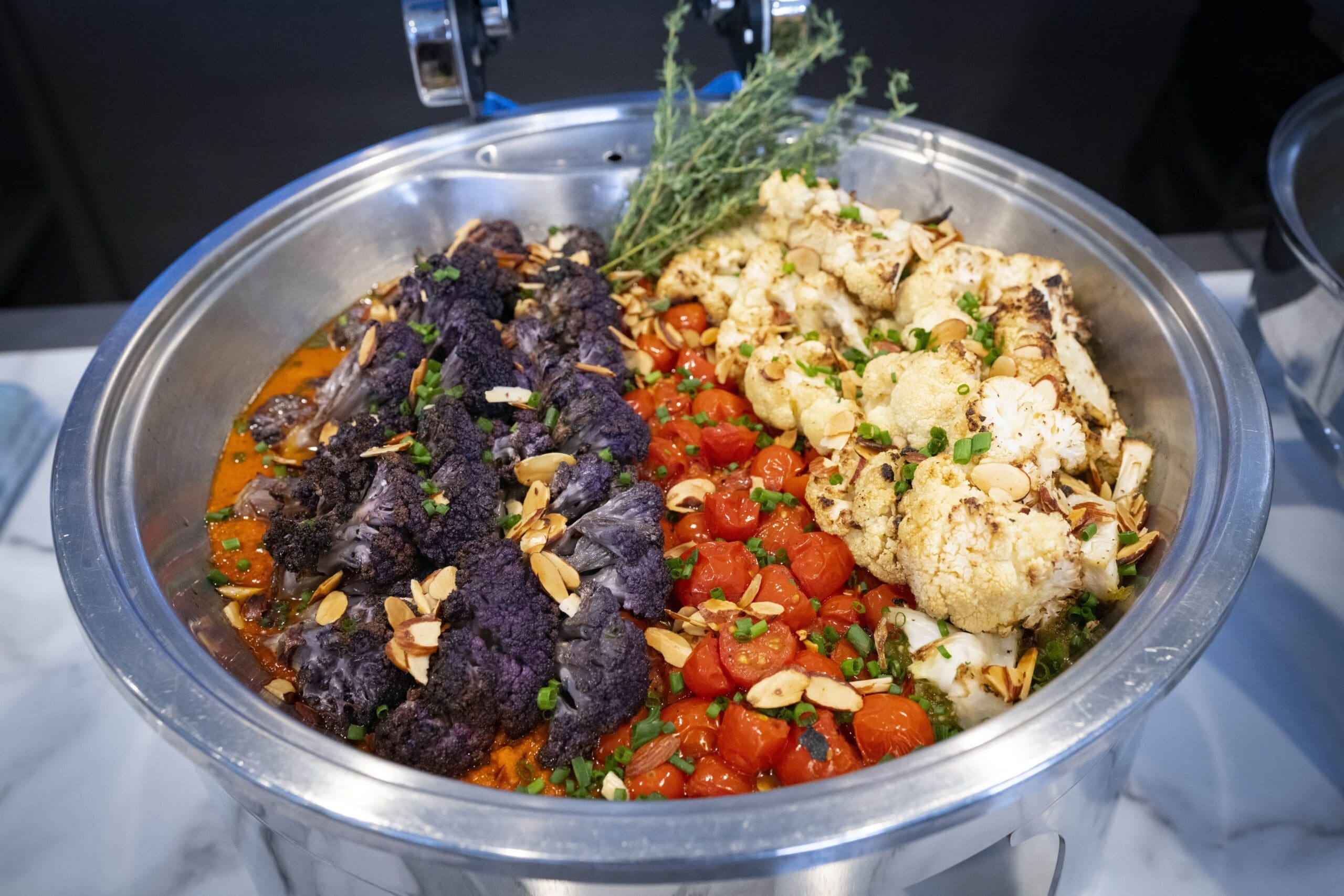Choosing a new career is easier said than done. Whether you are new to the working world, a graduate fresh from school or someone looking for a new career, choosing a direction in which to start can be difficult. If you have a passion, though, the job gets much easier. As someone with a passion for food, you might find the catering path a lucrative one – but what do you need to know about it?
Hygiene is Paramount
Catering can be a thrilling industry in which to work, but there is a common misconception that needs to be corrected early. While food quality and service are important in catering, hygiene is the most crucial aspect for a catering assistant.
Catering businesses will be subject to the rules and regulations of the Food Standards Agency (FSA), meaning there will be stringent processes and systems in place to adhere to said regulations.
Cross-contamination of certain foodstuffs can lead to bacterial spread and infection; allergies are also a serious matter, with potentially fatal consequences for failing to follow guidance. If you are considering a role in the industry, it would behove you to learn your obligations and the FSA’s regulations.
Health and Safety
Food safety is of paramount importance in a catering environment but is not the only health and safety consideration by any metric. All workplaces must follow the Health and Safety at Work Act 1974. Later legislation further protects an employee’s right to a safe working environment.
A key part of health and safety in the workplace is the provision of PPE, or personal protective equipment, to ensure safety on site. You would be provided with safety trainers to minimise the risk of slips and trips in the kitchen, as well as appropriate kitchen attire to reduce the risk of injury from fire or chemical spills. You would also receive extensive training in proper kitchen etiquette.
It is also prudent to mention the possibility of a DBS check here. In some catering situations, like when a private caterer contracts with a school, staff must be DBS-checked. This ensures they have no criminal history and keeps vulnerable people on-site safe.
Key Skills
With the above in mind, there are some key skills that help certain catering candidates stand out amongst the rest. Having something of an interest in food is naturally a boon. However someone with a creative culinary streak may be better suited searching for an opportunity in a restaurant kitchen. Catering is more of a logistics-based industry, making organisational skills a must. Teamwork is essential, making communication skills similarly important.


